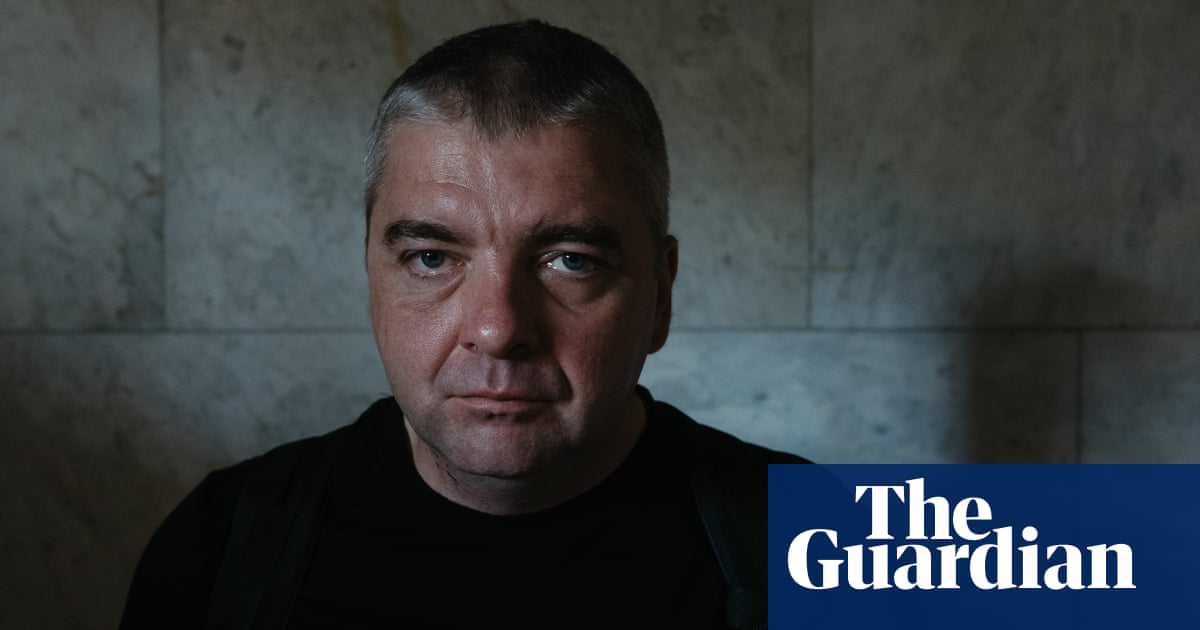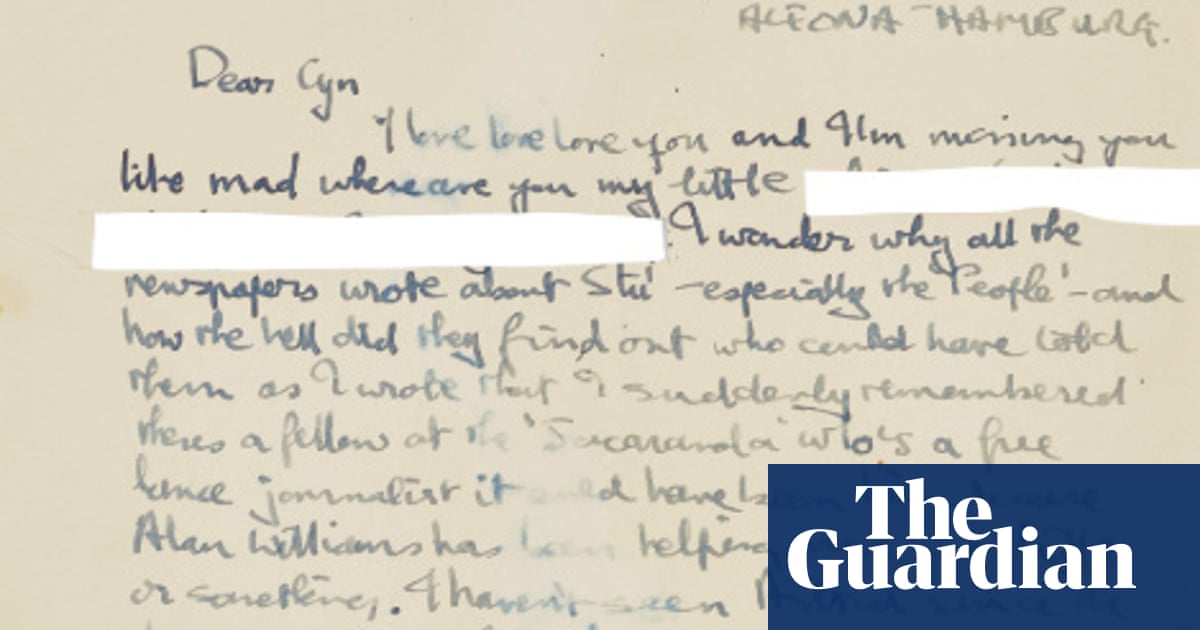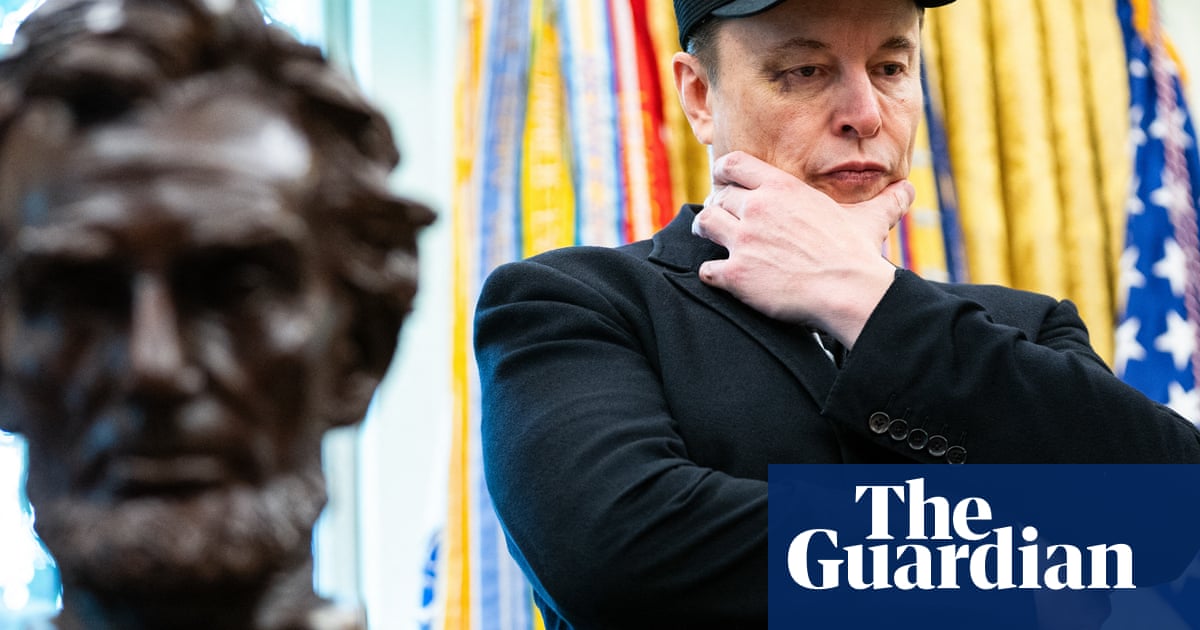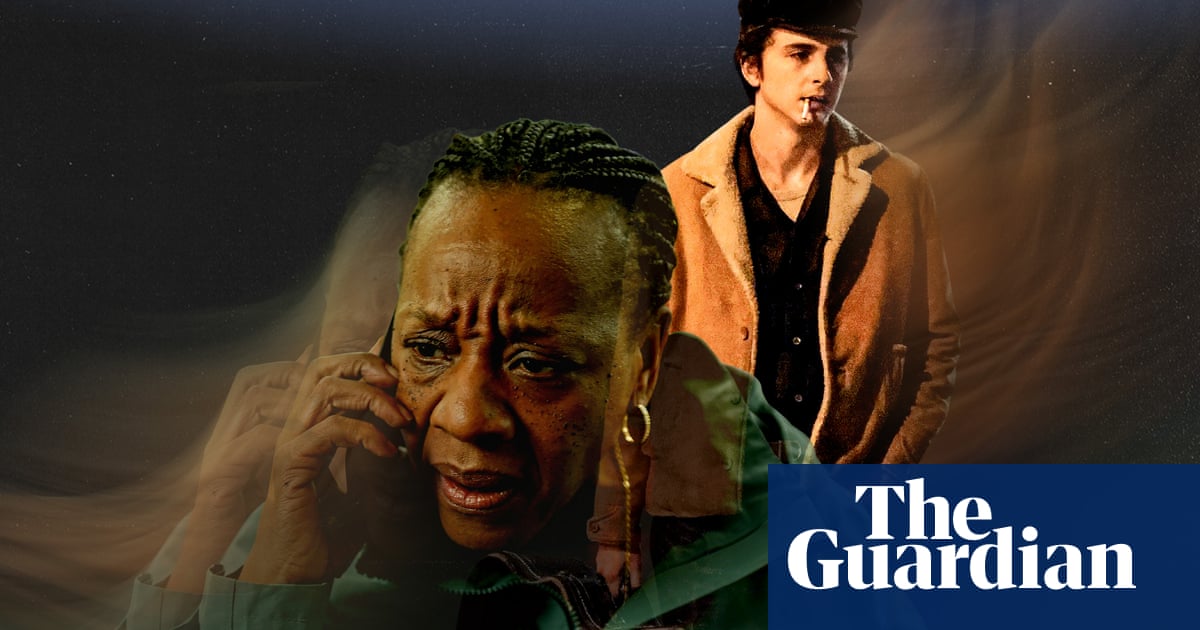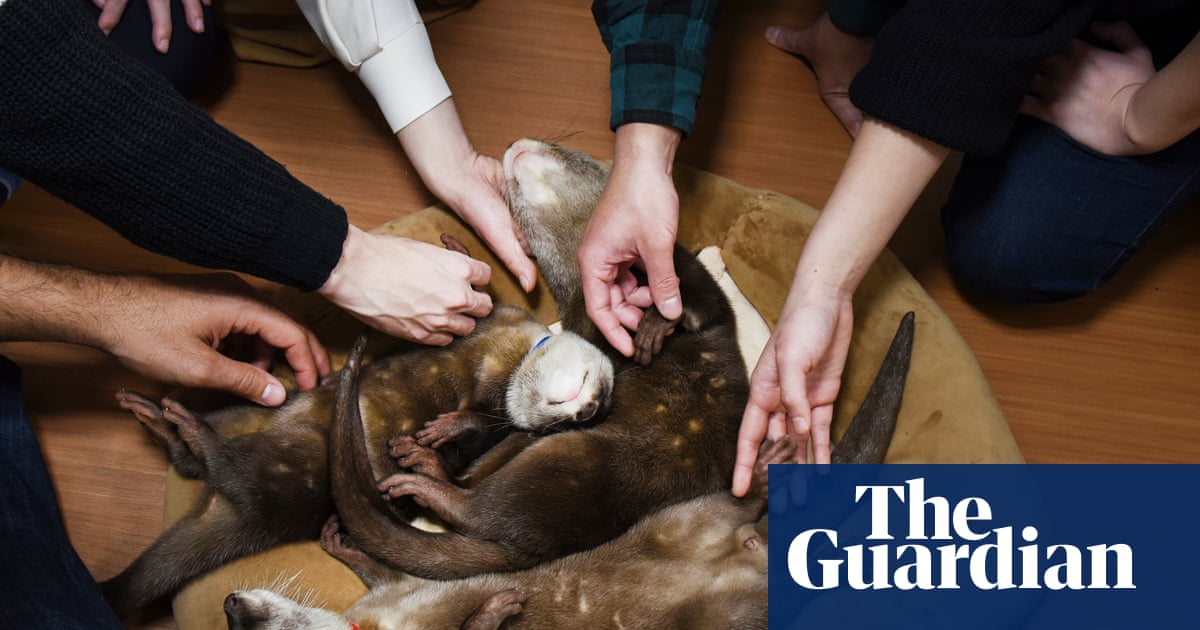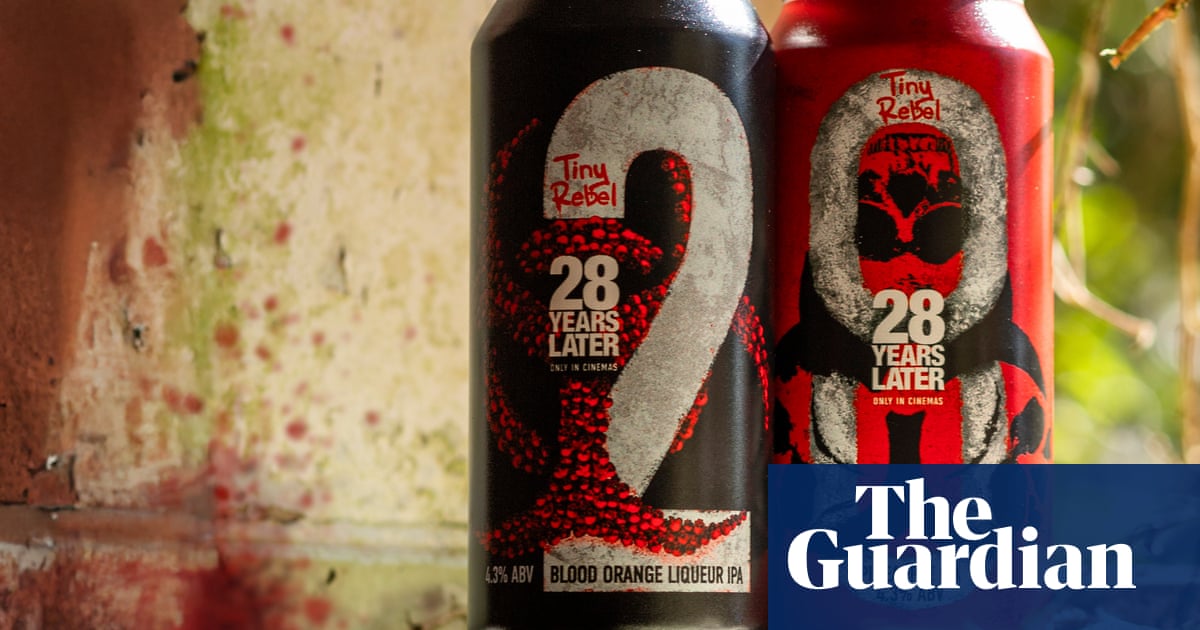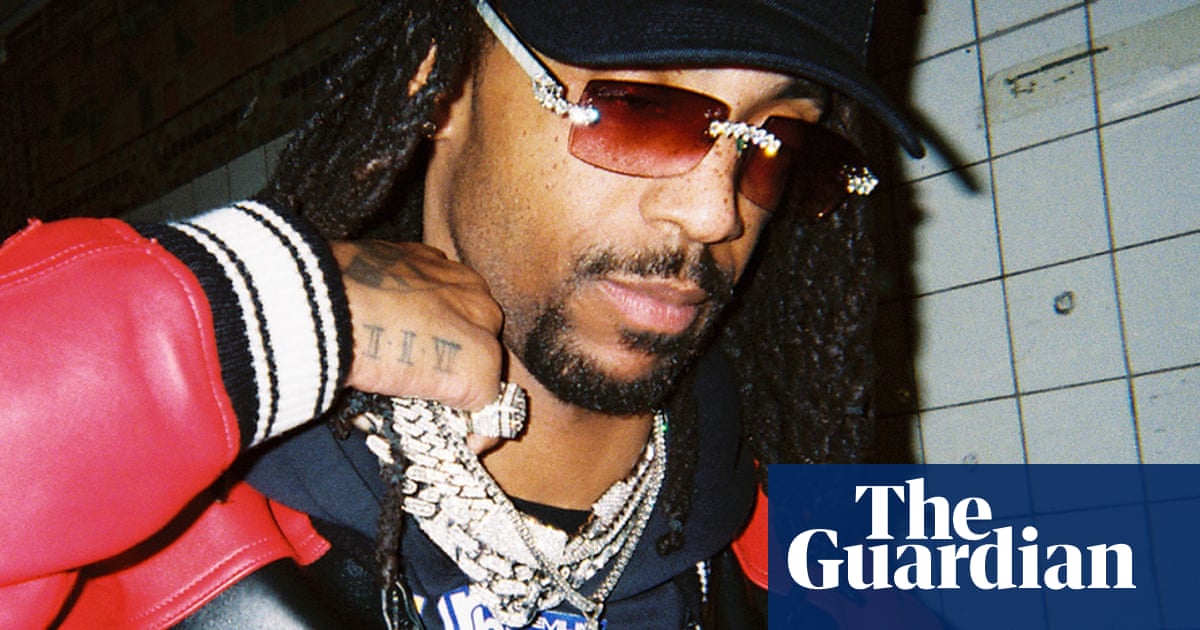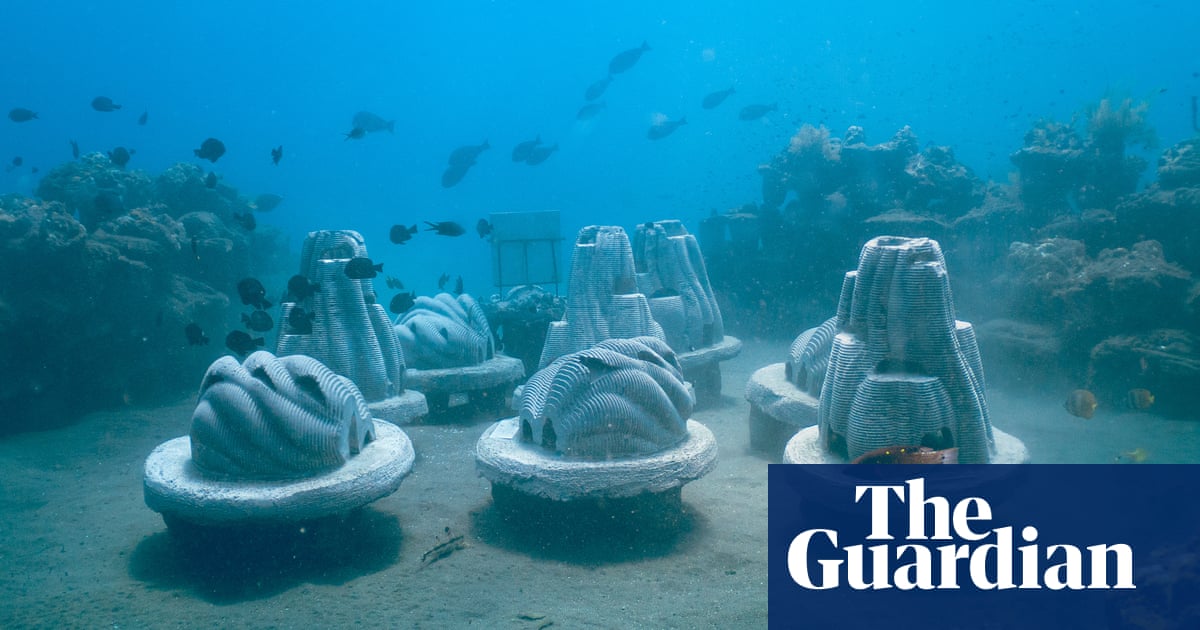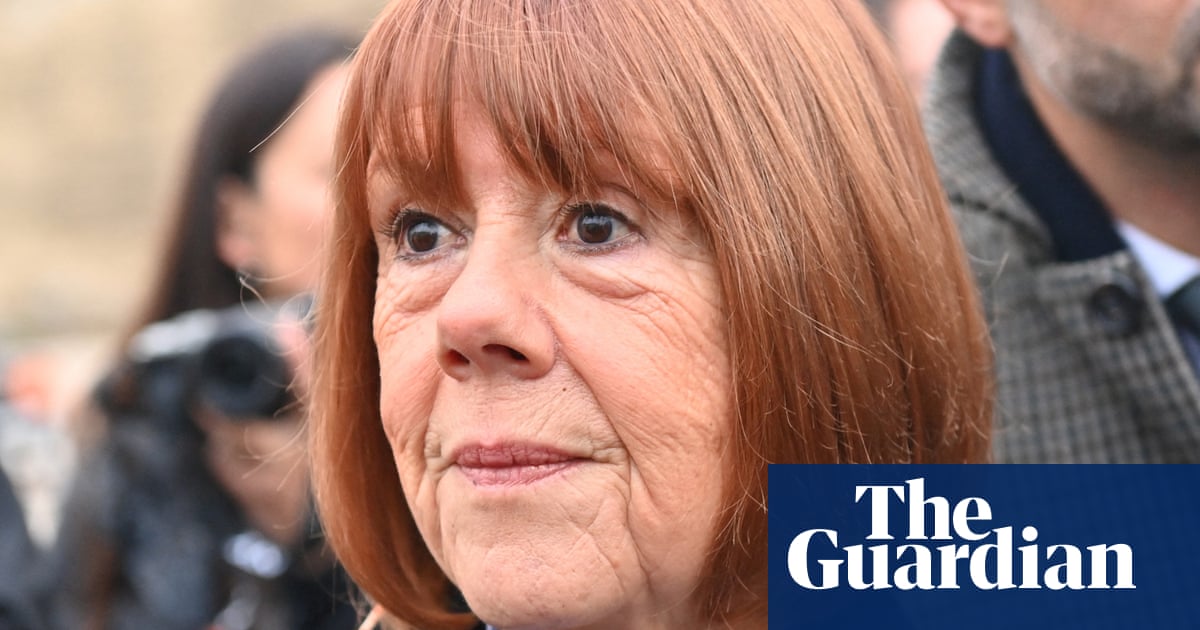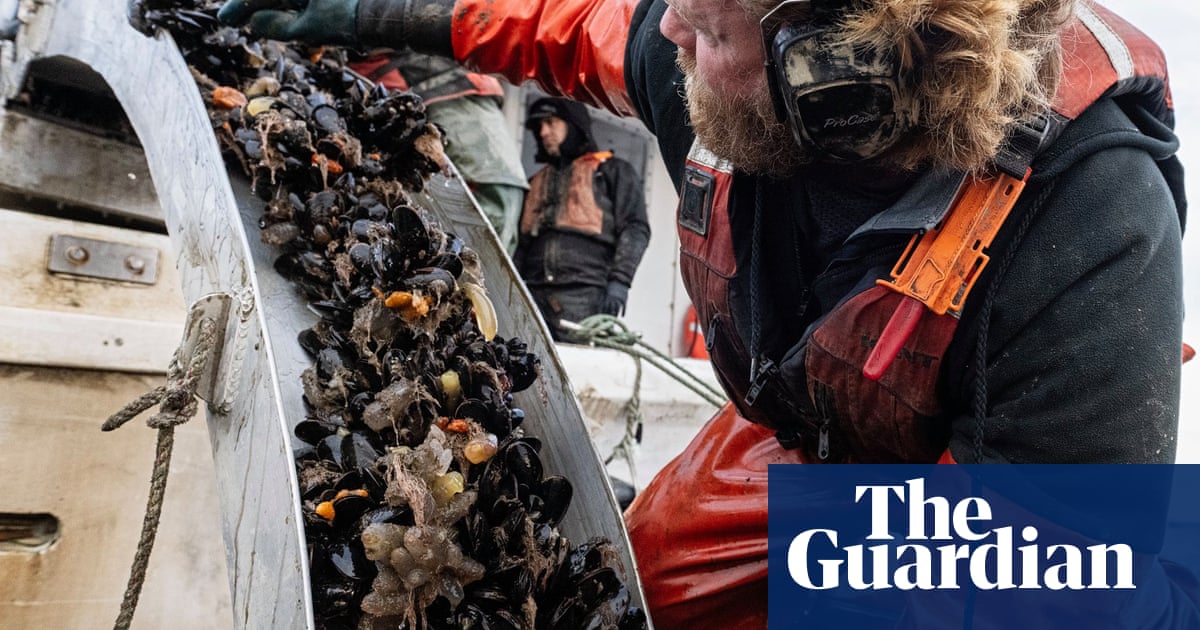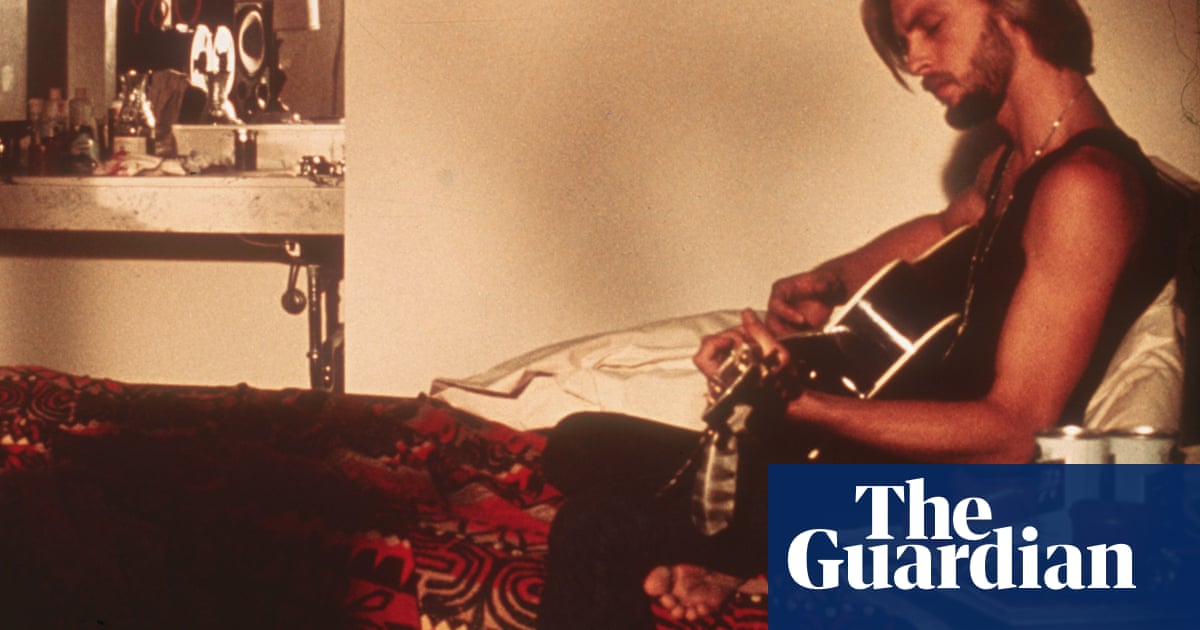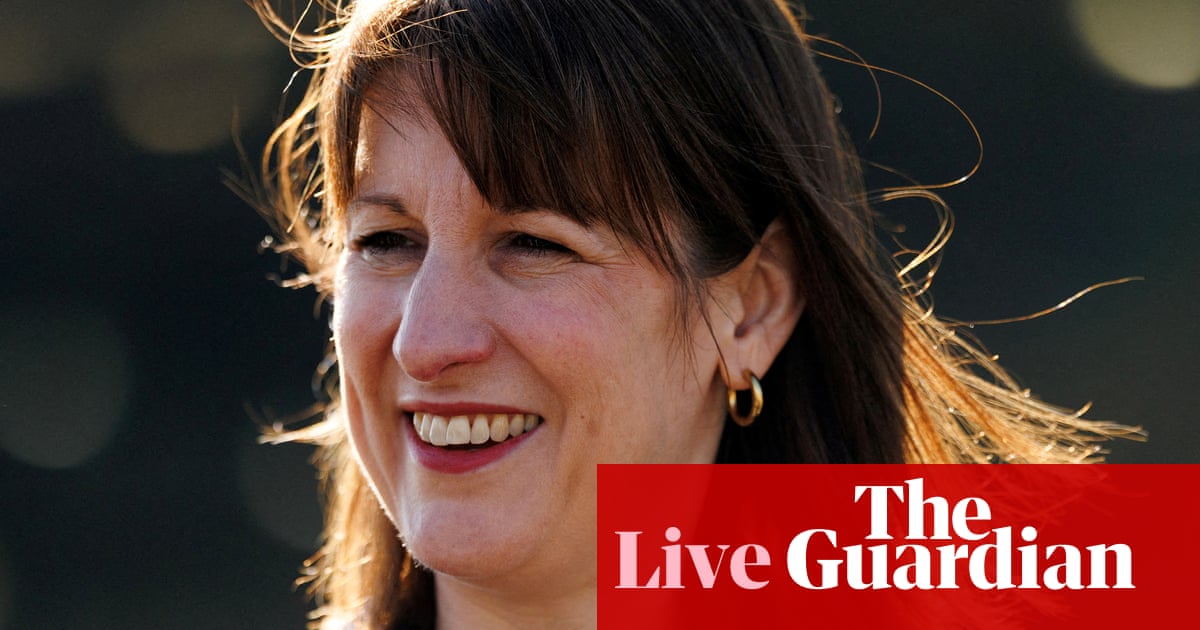Timothy Gay excitedly describes the Sunday in April when Rory McIlroy finally won the Masters, completing a long-awaited career grand slam.
Gay recalls “the incredible moment when the final putt dropped in. He fell to his knees and began weeping.”
The emotion was understandable: McIlroy’s victory at The Open in 2014 left him needing only the Masters to complete his career grand slam. But Augusta gave him fits for years, leaving many wondering if he would ever win that elusive fourth major.
Count Gay among those happy that McIlroy pulled it off – even if it refutes the epilogue to his new book, Rory Land: The Up-and-Down World of Golf’s Global Icon, published by Regalo Press.
In the final chapter predicted that it was “going to be tough for him with the Masters … It would be Rory’s Great White Whale.” The author has a penchant for literary references. (Based in Virginia, he has four previous, acclaimed books to his credit, with subjects including baseball history and news correspondents during the second world war.) He describes his latest book as irreverent toward McIlroy but reverent toward his family and Northern Irish heritage and history. Its title suggests that McIlroy exists in a unique world all his own. Existing somewhere between Northern Ireland, the UK and the US, Rory Land spans the globe, in the person of the golfer and his faithful family and friends – a concept inspired by a 19th-century short story Gay read decades ago in school, The Man Without a Country by Edward Everett Hale.
Gay said that McIlroy and his team declined to speak with him for the book, but added that after sharing a copy, he received a positive response from a McIlroy representative.
After McIlroy’s triumph at Augusta, Gay had to rewrite the epilogue.
“It’s wonderful that Rory kind of proved his critics wrong,” Gay says. “He won the Masters, won the career grand slam … I was never, never so happy to be so wrong in my life.”
In the last few weeks, the author has been thinking about McIlroy’s chances in this upcoming US Open – and the brouhaha over the player’s driver. During the PGA Championship, news leaked that McIlroy’s driver was deemed noncomforming. He subsequently opted not to play in the Memorial Tournament run by Jack Nicklaus. Gay calls the driver controversy “much ado about nothing” but adds that McIlroy didn’t help matters by refusing to speak with the media until 4 June, missing a chance to add his own perspective.
“We did not learn till Sunday morning, the last day of the PGA [Championship], that at least nine, 10, maybe more of the other guys’ drivers were found to be nonconforming,” Gay says, listing Scottie Scheffler as one of them. It’s a situation in which Gay criticizes the USGA and the PGA of America – and McIlroy: “He owed his fans and the golf community an explanation as to what happened.”
The ups and downs mentioned in the book’s subtitle include numerous experiences from McIlroy’s career. There was the scintillating course-record 61 he shot as a 16-year-old at Royal Portrush in 2005 … and his return to the course in 2019, when he disappointed the home crowd by missing the cut in the first Open at the course, and Northern Ireland, in more than a half century.
“Not even Scottie Scheffler can play golf with the kind of panache Rory plays it with,” Gay says. “I compare Rory’s golf game to Roger Federer’s tennis game. Not only is it gorgeous to watch, but he plays with a kind of almost poetic sensibility … I never get tired watching Rory McIlroy play golf, even when he plays poorly.”
The book also addresses controversies on and off the greens – including McIlroy’s extensive criticism of the Saudi Arabia-backed LIV Tour, before PGA Tour commissioner Jay Monahan decided on a detente. The narrative discusses McIlroy’s three-year romance with tennis star Caroline Wozniacki during the previous decade: McIlroy ended the relationship with a statement to the press. Additionally, there’s discussion of McIlroy’s professional breakups with his longtime caddie JP Fitzgerald and with his first two agents. Gay says that McIlroy’s first agent, Chubby Chandler, brokered corporate ambassadorships that set up his then-teenage client for financial success, and that while McIlroy’s split with his second agent, Horizon Sports Management, cost him millions of dollars, the golfer is poised for a lucrative future, including through participation in an investment fund and the indoor golf league TGL.
Yet the book goes beyond golf greens and tabloid headlines. Gay journeyed to Northern Ireland, where he charted the sacrifices McIlroy’s parents, Gerry and Rosie, made for their prodigy, working multiple jobs to maximise their son’s opportunities. Gay also documented the impact of the Troubles on McIlroy’s Catholic family – including his great-uncle Joseph McIlroy, a self-taught computer engineer, who was killed in Belfast in the early 1970s.
“Joseph McIlroy was murdered not only because he lived in a Protestant neighborhood,” Gay says, “but because … certain Protestant extremists believed, his success came at the expense of Protestants. He would have paid for this with his life.”
Gay also met with a man who helped mediate an eventual path toward reconciliation in Northern Ireland: Former US senator George Mitchell, the broker of the Good Friday Accords, who has a namesake peace institute at Queen’s University Belfast.
As Gay notes, McIlroy “won the world 10-and-under championships in spring 1998, just when the Good Friday agreements were being consummated. He becomes, in many ways, a symbol of the new Northern Ireland – one of the forces that are going to bring Catholics and Protestants, North and South, together. George Mitchell certainly recognizes that.”
Mitchell and his son Andrew now tune in to watch McIlroy on TV. The book notes qualities that make McIlroy appealing to fans of all ages, such as kindness and diplomacy. (Gay draws comparisons with a few fictional nice guys: Opie Taylor and Ted Lasso.) McIlroy is great with kids, the author notes, recalling interviews with youngsters at the Travelers Championship in Connecticut about why they love the golfer; meanwhile, his Catholic roots in a Unionist town instilled diplomacy in his dealings with the press and public.
Then, as the book describes, there’s his incomparable gifts on the greens – and the seemingly inexplicable occasions when his epic long drives are doomed by the subsequent short game.
“His short game in the clutch leaves something to be desired,” Gay says, although he adds that after seven years of hard work with putting coach Brad Faxon, “It’s getting better. He’s playing, right now, much more consistently. His stroke looks better, feels more natural.”
Now, this week’s US Open awaits.
“If Rory can find a driver he likes, he’s got a very good chance to contend,” Gay says. “The greens at Oakmont are … as fast as any in the country. Rory, for the most part, has putted fast greens very well of late … There’s no reason to believe he will not be equally good at Oakmont.”

 1 day ago
8
1 day ago
8

